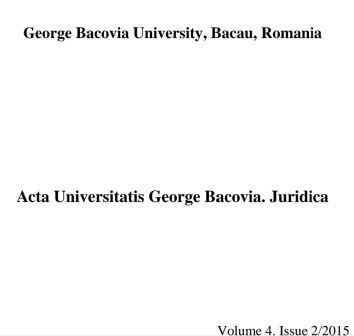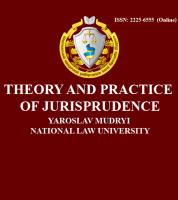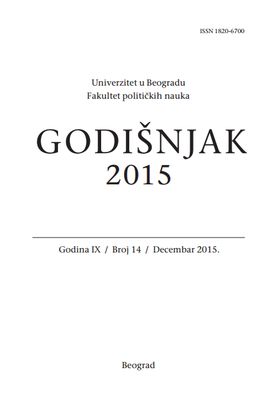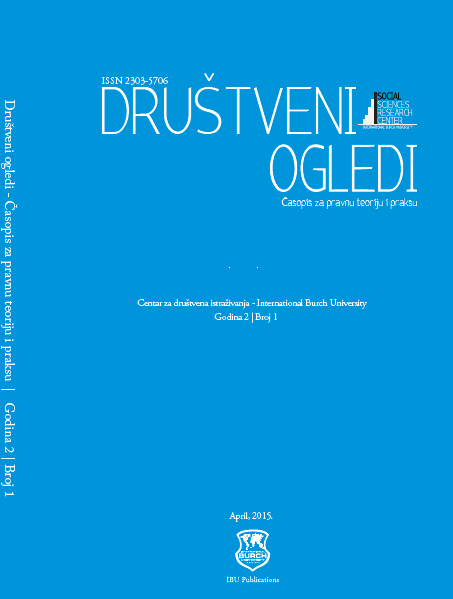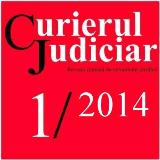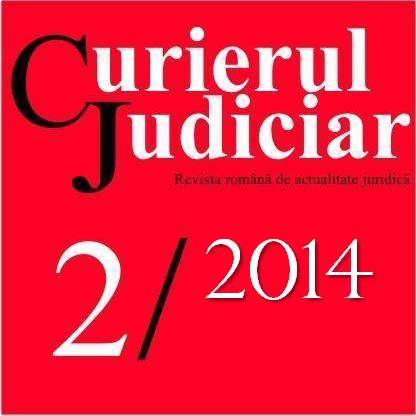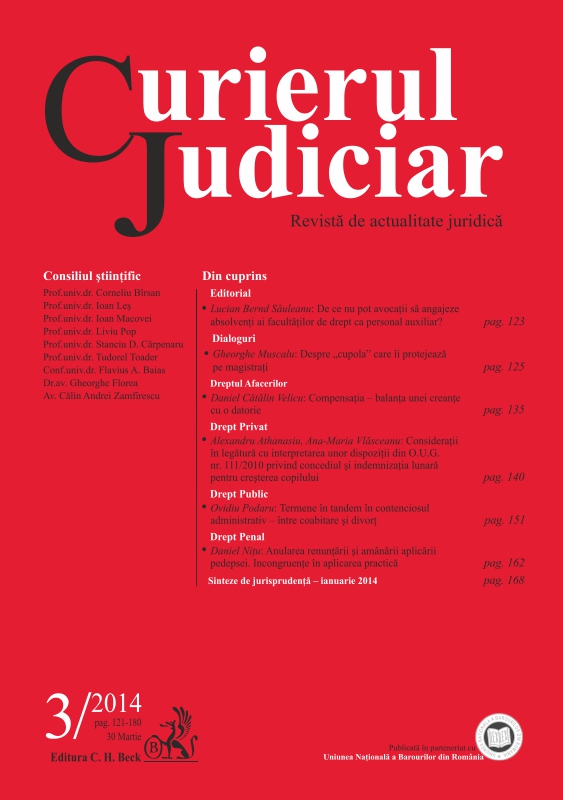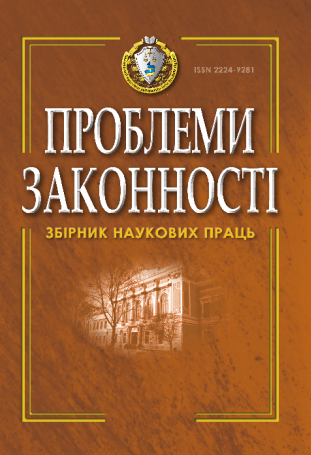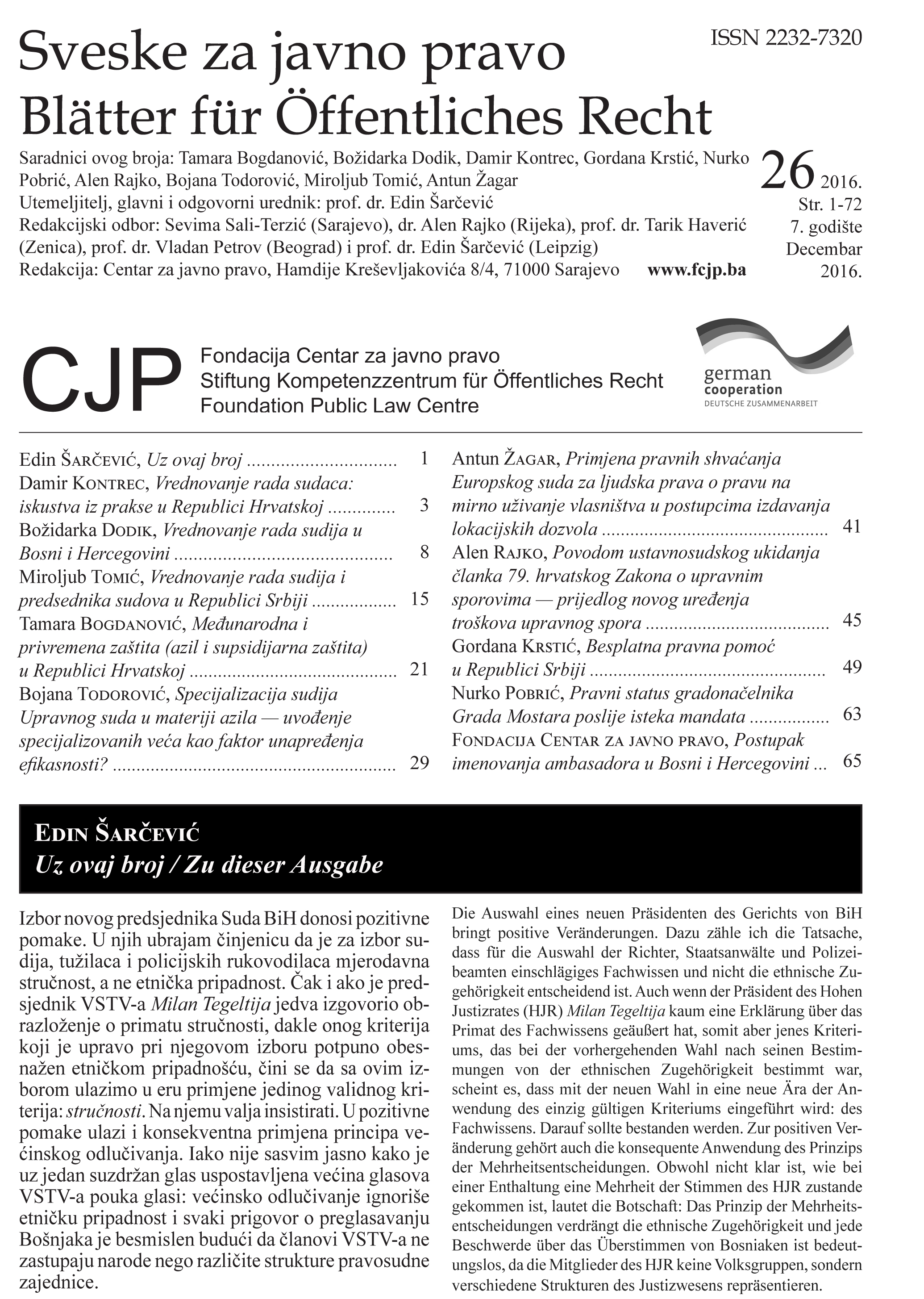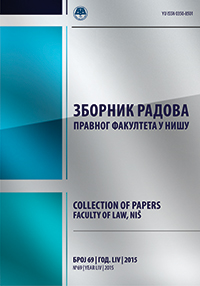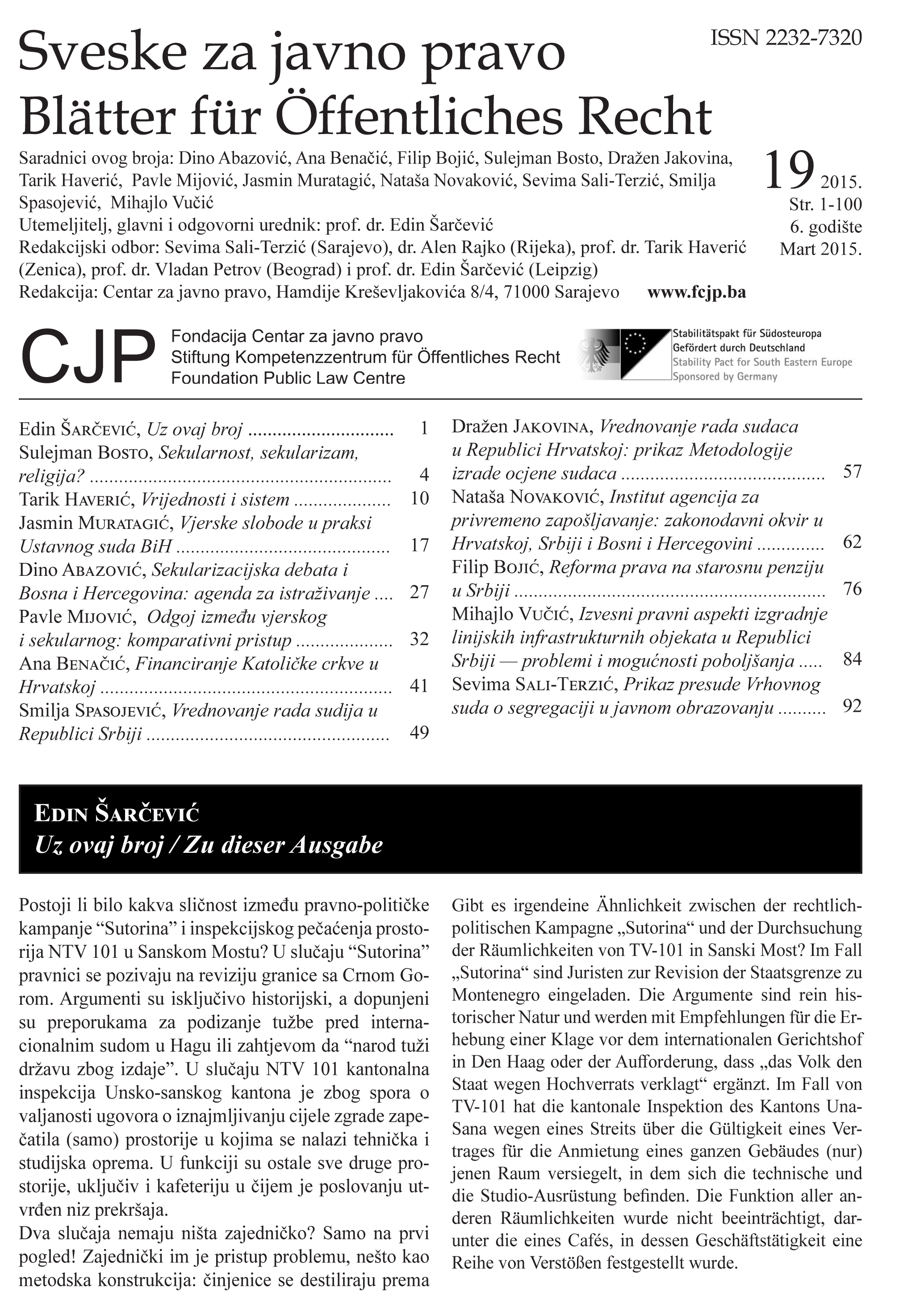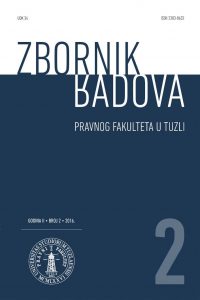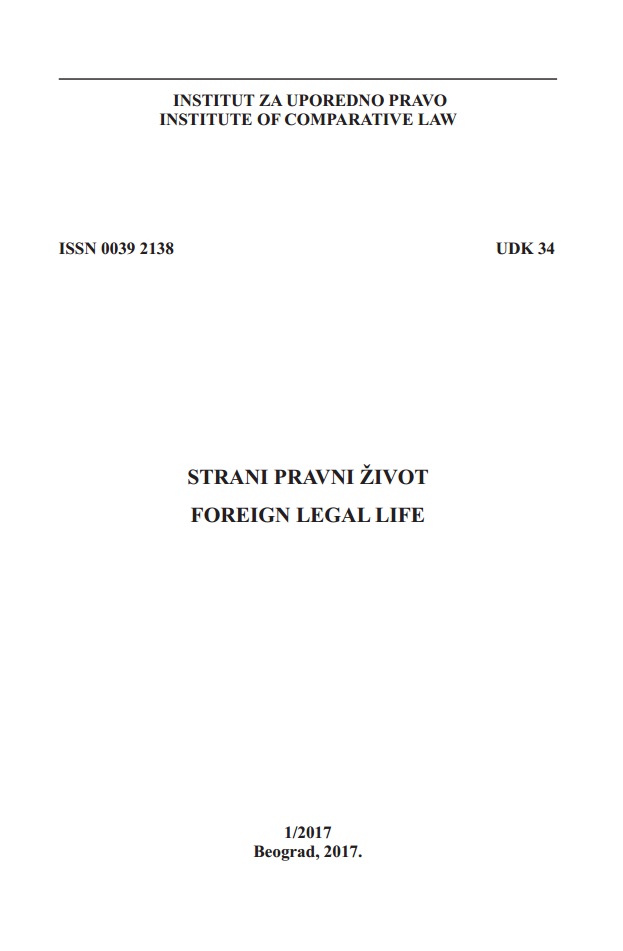Author(s): I. Protsyuk / Language(s): Ukrainian
Issue: 08/2015
Statement of the problem. Tasks of this article are researching role and place of the President in the mechanism of government functioning of presidential republic, determining advantages and imperfection of possible building such republic for different states of the world, including for Ukraine. Relevance of the research. Realization of constitutional reform in Ukraine raises the question of determining the best form of government for our state. One of variants there is a possible construction in Ukraine presidential republic with a "strong" president. Therefore, analysis of plenary powers, determination the place of the Head of the state in a system of division of government power of presidential republic, pointing attention to his plenary powers and cooperating with other public authorities is relevant. Analysis of recent researches and publications. Studies of both national and foreign researchers of this issue end of 20 beginning of 21st centuries are analyzed in the article. Aim of the article. The aim of the article is an analysis of plenary powers of the Head of state in presidential republics, determination his relationship with other state agencies for decision of necessity and possibility of forming such republic in states with other forms of government. The main material. The article analyzes the place and role of the Head of state in a presidential republic, who is the President in presidential republic. The range of his power quite wide as he also is the chief of executive power. As the USA is the classic presidential republic in literature, as powers of the President of this country analyzes first of all. In basis of organization of state power in all democratic countries is a model of division of state power that is analyzed in 3 aspects: institutional, functional and structural. Institutional aspect consists in that there are three branches of power (legislative, executive and judicial) with systems of corresponding public authorities for their implementation. The functional aspect is in functional independence of the branches from each other, but at the same time in their interaction, balancing, limitation and control. The author analyzes two variants of the relationship between the legislative and executive branches of power - divided rule (president and parliamentary majority belong to different political parties) and single-party rule and the second variant - the president and the parliamentary majority belongs to the same party. In the functional aspect the Head of state in presidential republics endowed with broad powers - such as the right of veto, delegated legislation, direct or indirect legislative initiative etc. The article also reviews the structural aspect of the division of powers, which is in fact that the president and the government from one side and Parliament from the other direction are independent one from another and are not subordinate in direct, each of them based directly on the mandate of the people. The author also considers in the article presidential republics of Latin America, Africa, where the president is the Head of government, leader of the ruling and often a single legally existing party, heads the Cabinet of Ministers, which in its turn has not constitutional status and its structure, order of forming, functioning and responsibilities are established by the President on the basis of political practice and he concentrates huge power that allows him almost alone solve most issues of public administration. Similar monocratic republic received the name "superpresidential republics". The author draws attention that the presidential republic can function effectively only at the presence constant democratic traditions, high legal and political culture of the society, independent judiciary. Conclusions of the research. Presidential republic is a state with the clearest fixing of principle of division of the government power, president and parliament are almost independent from each other bodies, as get the mandate of trust directly from people. However, they can effectively restrain each other in the process of plenary powers realization. Thus efficiency of functioning such state system based on democratic traditions is possible only at presence of the developed civil society, high legal and political culture, proper functioning of independent judicial system. In the states of transition type, to that Ukraine belongs also, such State will be either ineffective, or turn into the state with extremely strong president of authoritarian or semi-authoritarian state-legal regime.
More...
